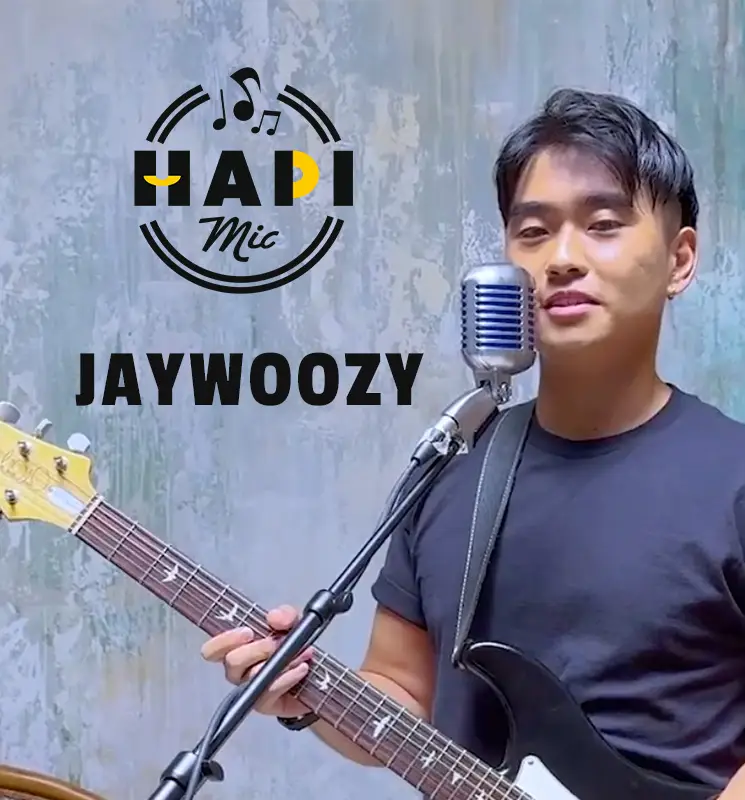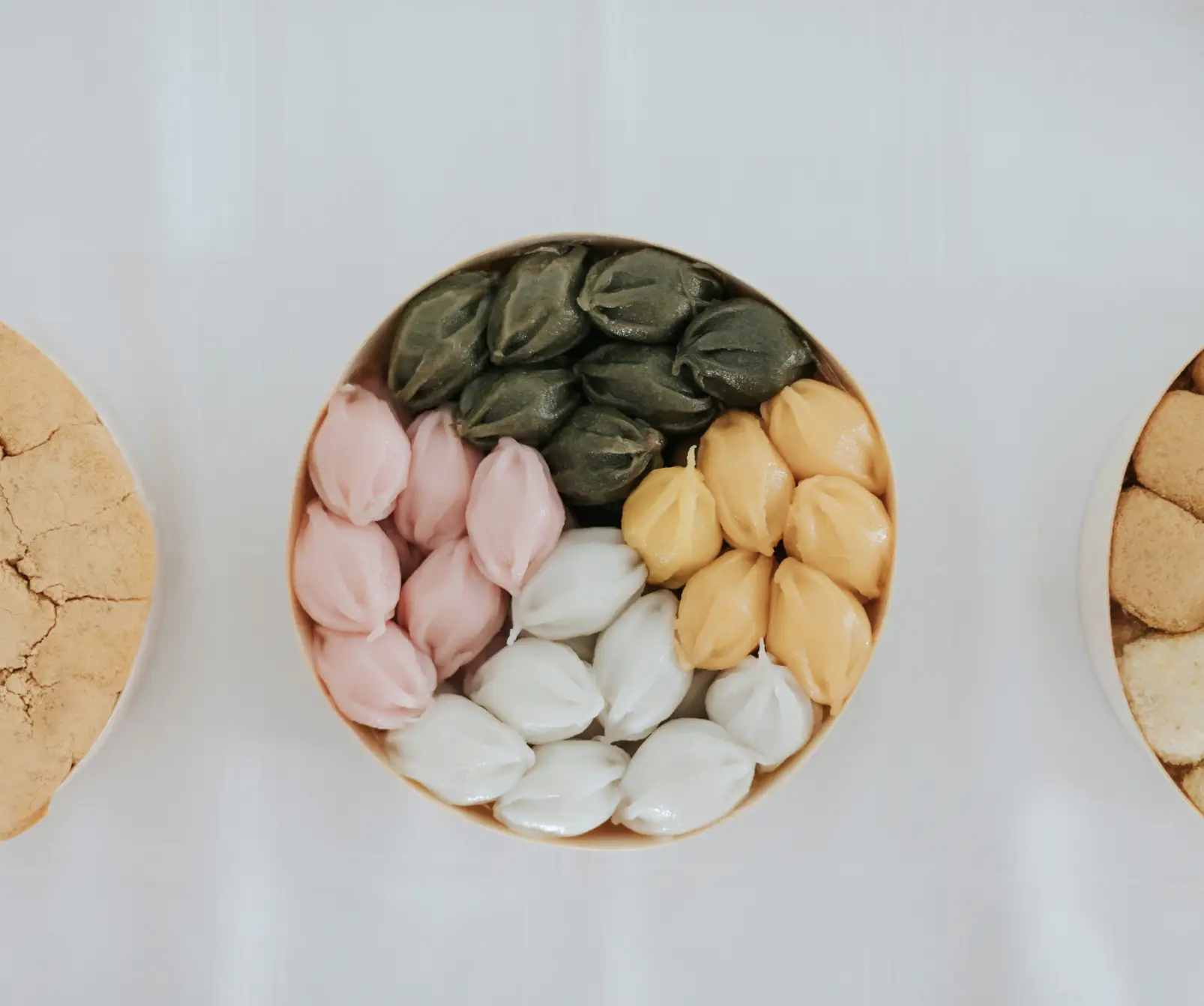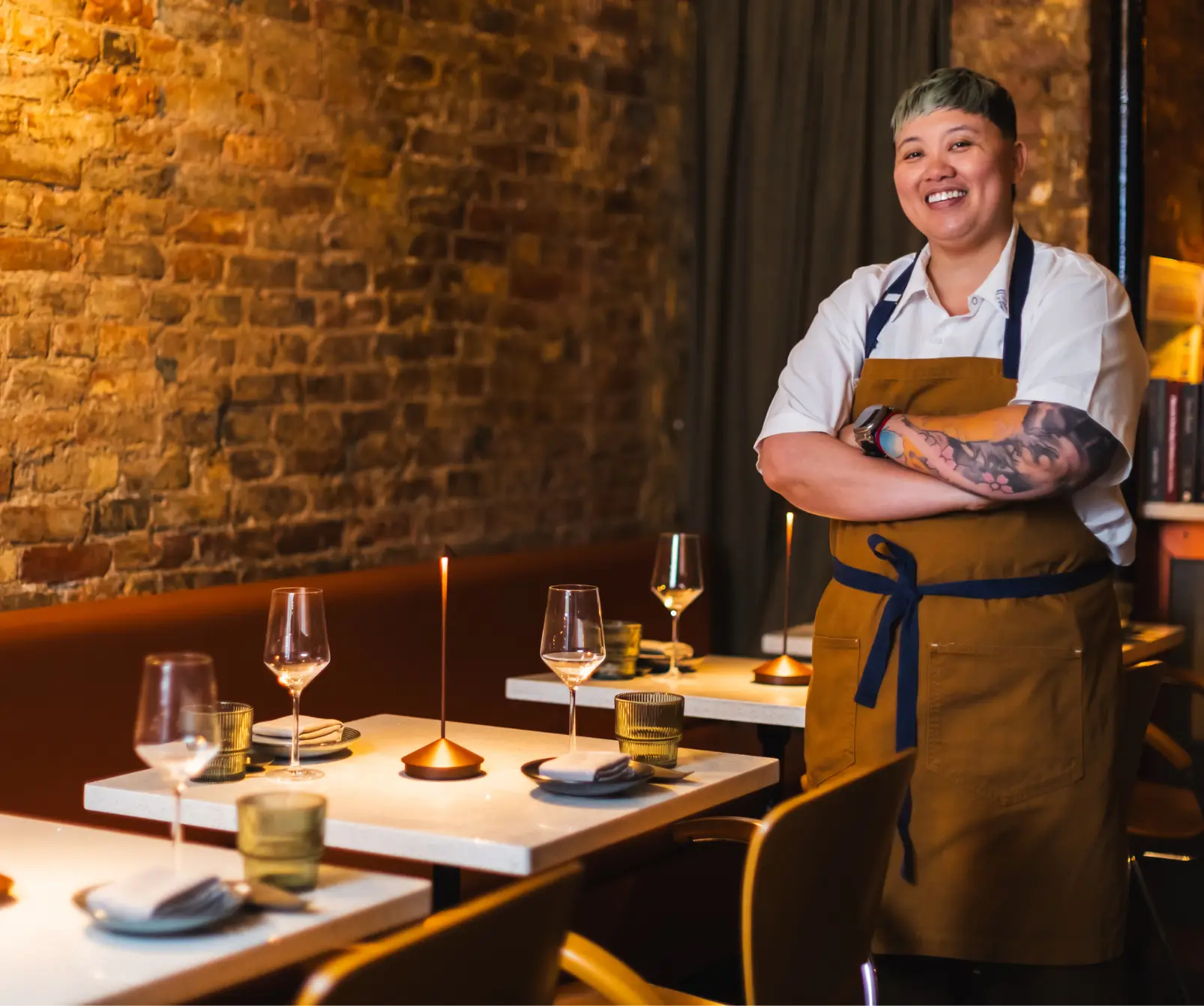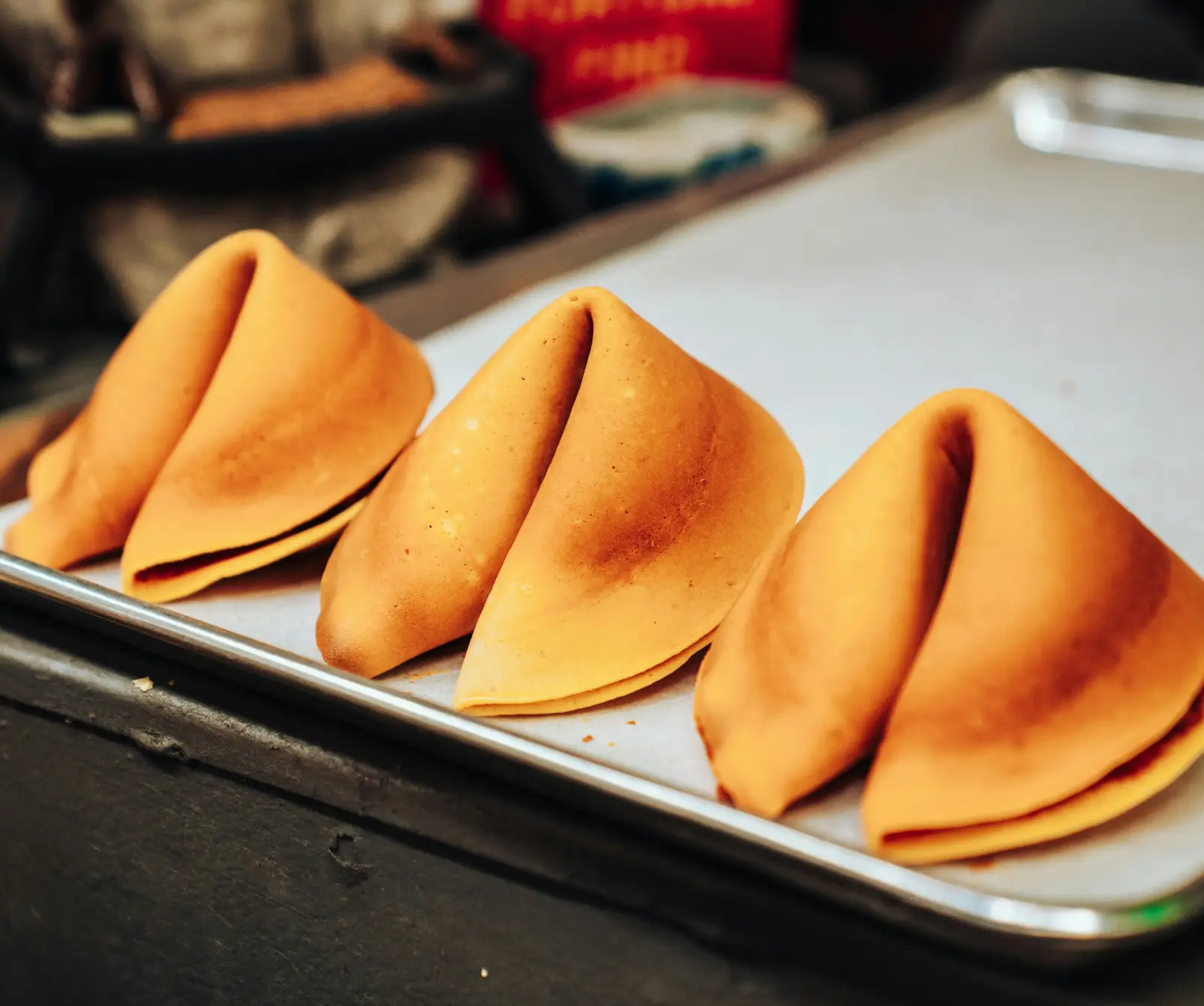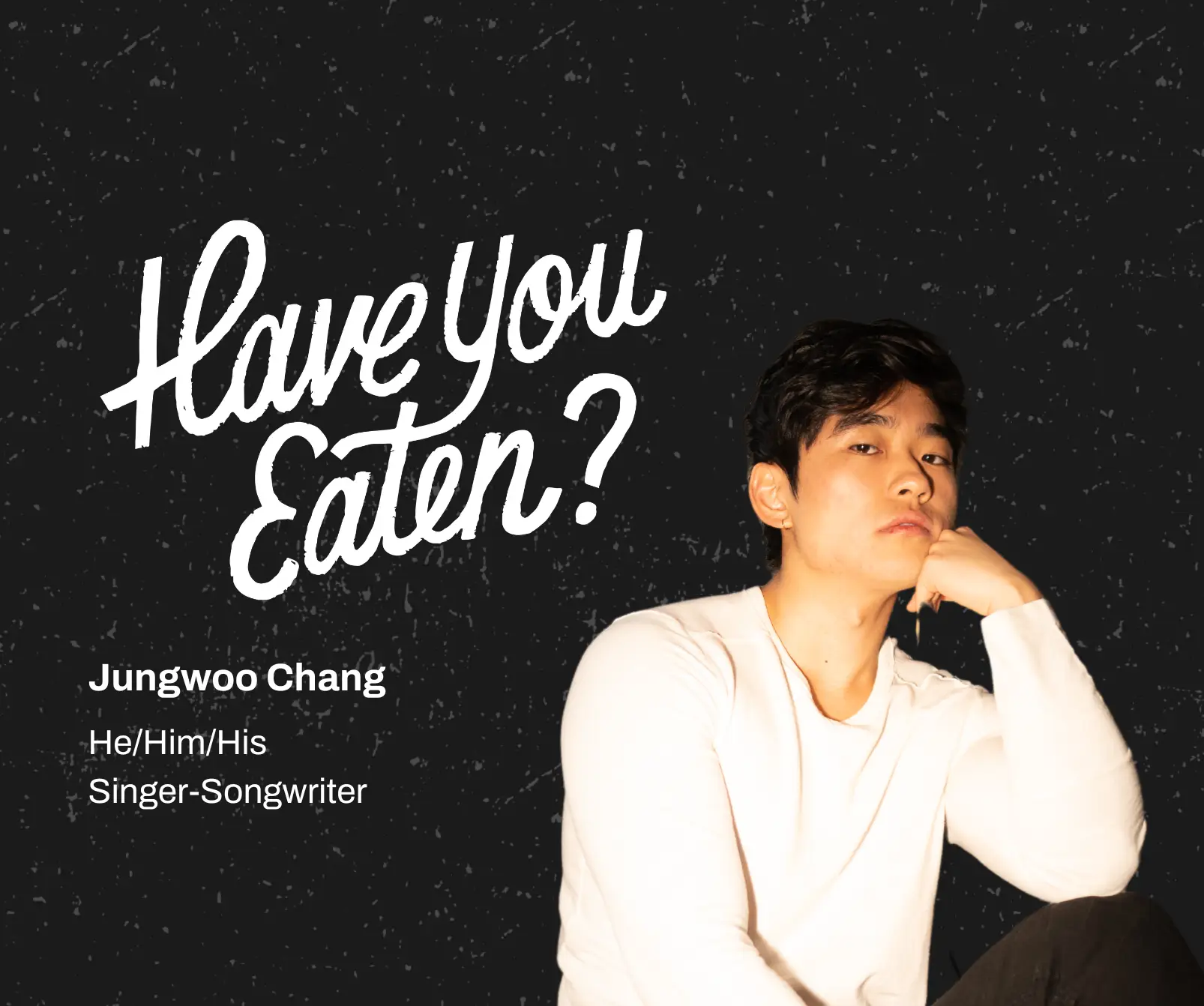With the global rise of Korean music groups like BTS and Blackpink, American audiences might be familiar with K-pop—but what about K-Folk? Coreyah (고래야), a Seoul-based band that debuted in 2010, fuses traditional Korean sound with global influences from genres ranging from rock and roll to funk. Coreyah’s US tour is currently taking place, and I recently had the chance to attend their concert at Dartmouth’s Hopkins Center for the Arts.
Coreyah’s electrifying performance invited us to experience Korean music as more than a commodified import to consume from a safe cultural distance. Coreyah actively brought their largely American and diaspora audience into the heart of their music by recruiting us to join in their joyous celebration of Korean sound. It all started when Coreyah’s lead singer, Ham Boyoung, introduced their latest album, Clap&Applause, and taught us a simple rhythm to clap. As Coreyah transitioned into their next song, I saw people swaying in their seats as they tapped their feet. Our clapping became part of the group’s smooth instrument rotation, with Choi Jongmin’s electric guitar solos blending into the energetic strokes of Kim Yerim’s geomungo zither. The separation between the musicians and their audience dissolved as we were caught up in their frenetic yet intentionally choreographed musical party.
With each new rhythm that we were introduced to, I grew more impressed with the versatility of the percussion ensemble. Percussionists Jeong Junkyu and Kyungyi were equipped with a traditional drum set and janggu hourglass drum but would regularly pause their drumming to shake yet another handbell or small brass rattle. They’d also lead the audience with the steady beat of their drumsticks in a dance between instruments that helped build the dramatic crescendos of Ham Boyoung’s powerful voice.
Ham deftly anchored the band members’ playful interactions with each other, combining a vocal style reminiscent of the full and reedy pipes of p’ansori (Korean opera) storytellers with the crooning passion I’ve come to associate with K-drama ballads. Her range was best displayed in How Far You’ve Come (from Clap&Applause) when she shared a playful rom-com-esque dialogue with Kim Dongkun and 사람들/People (from Seoul Folks/서울 포크) when she shared pensive reflections on connecting with people across vast emotional distances. After a much-appreciated encore, the artists were available for CD signings hosted by their agency, Sori Artists. As a Korean American fan of Korean music, I always feel excited to discover new support networks for transnational Korean artists. Sori (after the Korean 소리, meaning “sound”) is a New York City-based agency representing Korean music groups that fuse traditional, avant-garde, and global influences. In addition to Coreyah, they represent the Korean shamanic folk-pop group ADG7 and the classical/Korean traditional group Cellogayageum, among others. If you’re a K-pop fan looking to broaden your engagement with the global Korean music scene, I highly recommend checking out Sori artists (or, in the meantime, watching Coreyah’s 2021 Tiny Desk concert at NPR!)


